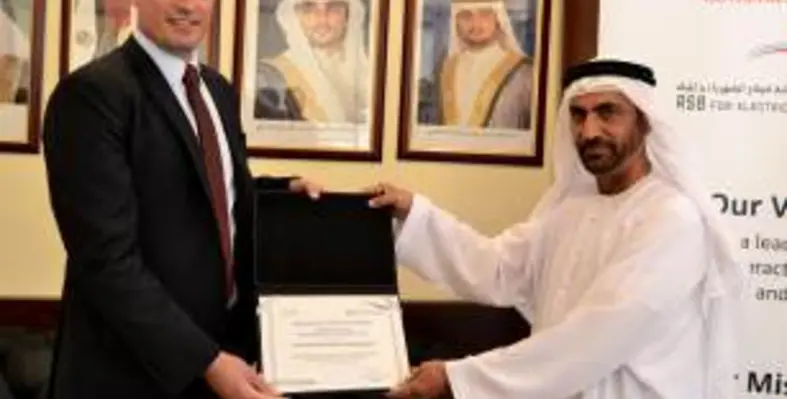UAE-based total facilities management company Farnek has been officially accredited as an approved Energy Services Company (ESCO) by Dubai?s Regulatory Supervisory Bureau (RSB)
The scheme was set up to give building owners, developers and managers added confidence when contracting ESCOs. Now they can be secure in the knowledge that the accredited companies have the necessary qualified management and staff and are on a sound financial footing.
The decision to approve Farnek was made by an accreditation board, which assessed them according to set criteria such as experience, capabilities, financial strength, HSE and equipment.
?This is official recognition that we are fully equipped to identify, design, deliver and finance energy reduction for building owners and developers as we believe this creates more cost-effective buildings and a healthier environment,? said Markus Oberlin, CEO of Oberlin.
Members of the accreditation board come from the RSB and Etihad Energy Services, which was established to fulfil the role of ?super-ESCO? in Dubai in order to implement a city-wide strategic buildings energy efficiency programme, with tangible social, environmental and economic benefits.
This is supported by a demand side management (DSM) strategy, which is overseen by the Dubai Supreme Council of Energy. The DSM strategy found that the retrofitting of existing buildings would be integral to mission if its energy efficiency targets were to be achieved and the delivery of retrofit activity requires an energy services market with sufficient capability and capacity.
Under the ESCO programme, the RSB has also designed two energy performance contracts, which cater for the two main approaches to energy performance contracting.
The shared savings model refers to ESCO investment into the equipment and materials to generate energy efficiency and is remunerated from a predetermined percentage of the savings generated.
?An ideal solution for building owners who want to reserve their cash-flow and retain their capital,? said Oberlin.
The guaranteed savings is a more traditional and popular model, whereby an ESCO would recommend implementing energy-saving solutions (ring-fenced by contractual key performance indicators) and the building owner provides the financing.
?With this model, building owners acknowledge that any investment will attract a return, based on the energy saving performance of the building. However, both of these contracts are intended to be fair and balanced and allocate risk proportionately between the ESCO and the building owner.
?With over 30,000 potential retrofit projects to be carried out in Dubai before 2030, it is essential that the primary savings, made from energy efficiency initiatives, are reinvested as capital, to upgrade the infrastructure of the building, further improving energy efficiency levels,? added Oberlin.
Farnek delivers energy recommendations using the latest technical standards, skills and technology solutions for hotels, malls and other commercial buildings, residential buildings and staff accommodation facilities.








